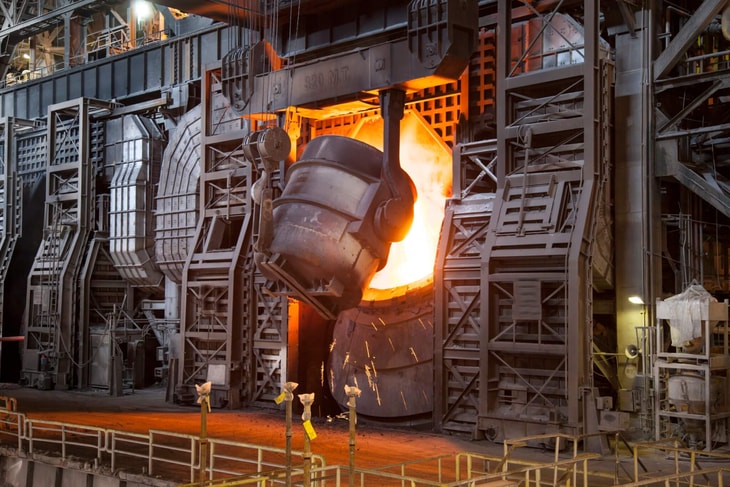British Steel has launched a carbon capture trial at its Scunthorpe plant, aiming to lower its carbon footprint through new technology.
In partnership with the University of Sheffield, the trial uses a mobile carbon capture pilot plant installed at British Steel’s Central Power Station. This pilot, developed by the university, is designed to capture carbon dioxide (CO2) from the station’s boiler flue gases, representing a step forward in industrial decarbonisation.
As part of its broader sustainability strategy, British Steel is transitioning to electric arc furnace (EAF) technology, a move expected to reduce CO2 emissions by over 75%. However, the company is exploring further methods to cut emissions across its operations.
Dr. Andy Trowsdale, Head of Research and Development at British Steel, explained, “This project is all about testing the capabilities of the technology. If it works for us, and others, it could be scaled up and play an important role in carbon capture, utilisation, and storage.”
... to continue reading you must be subscribed







